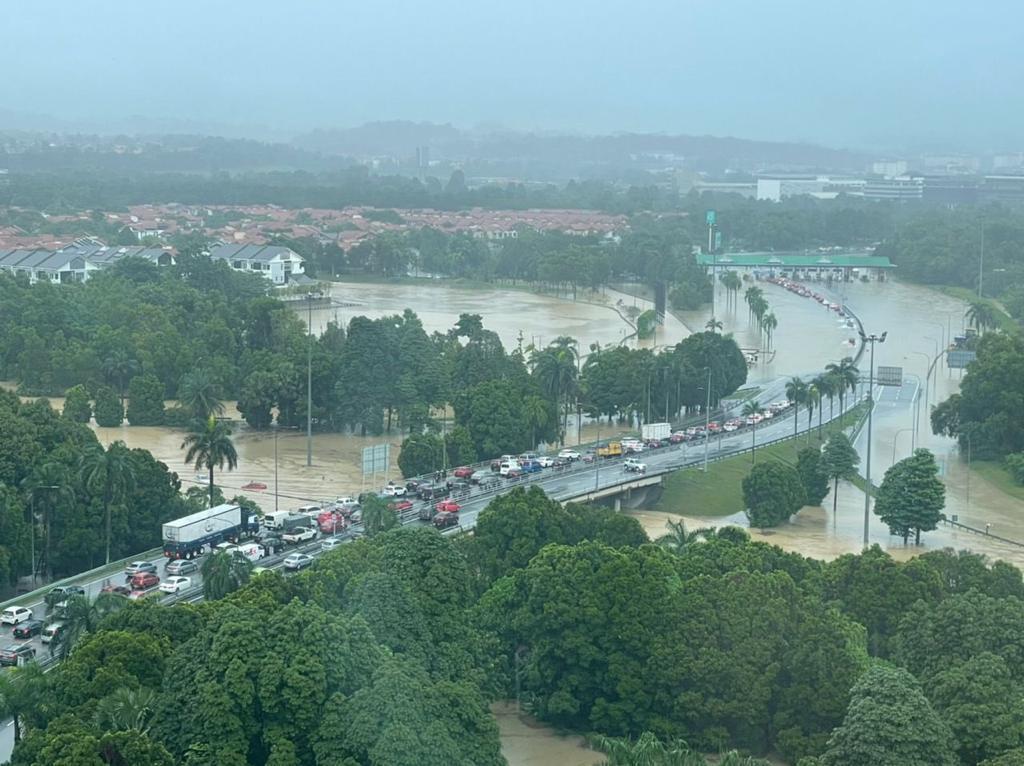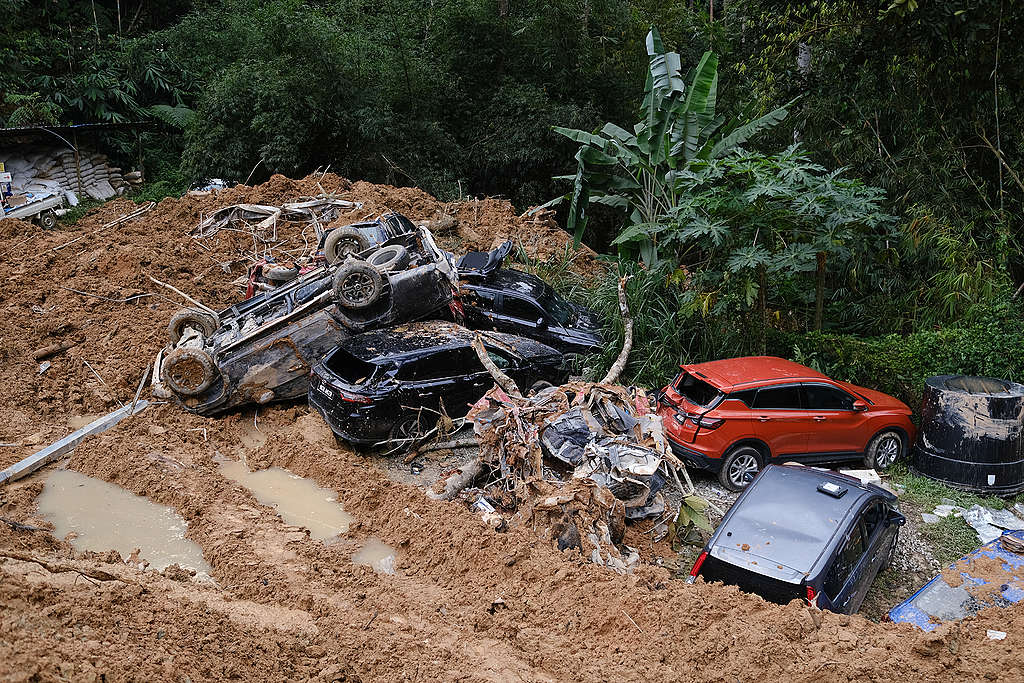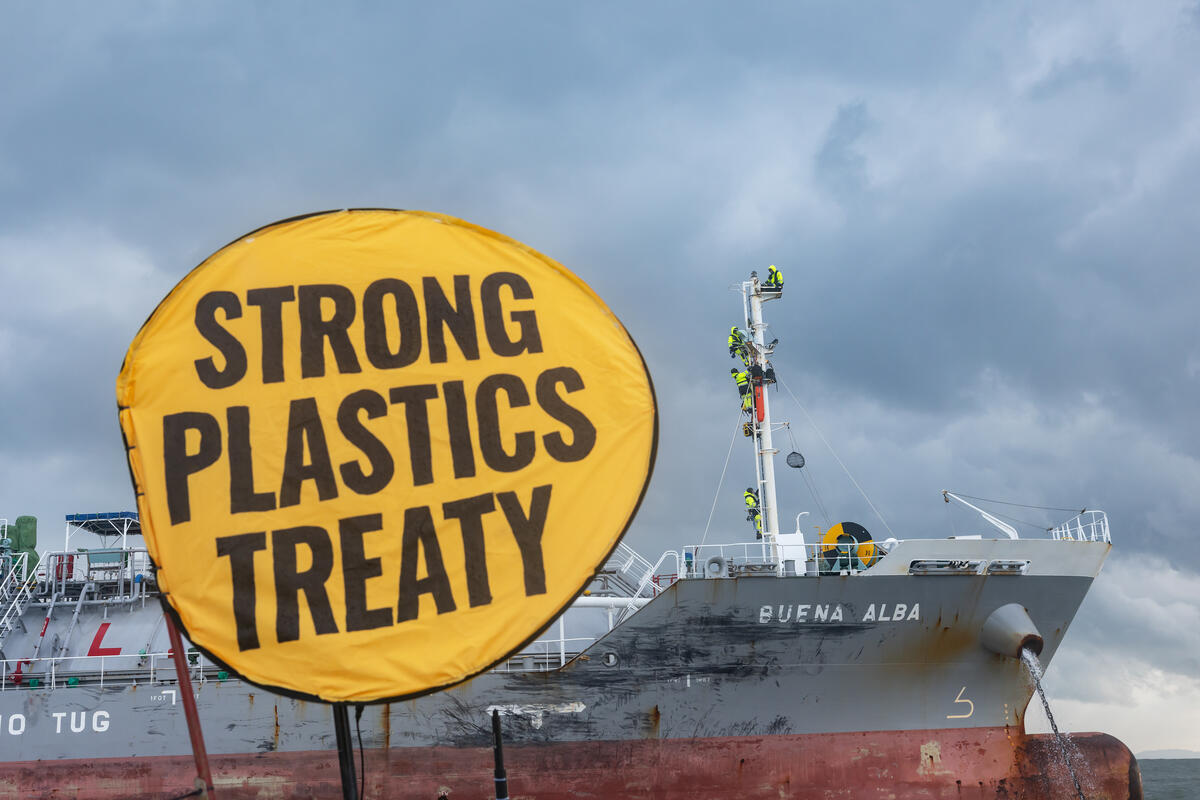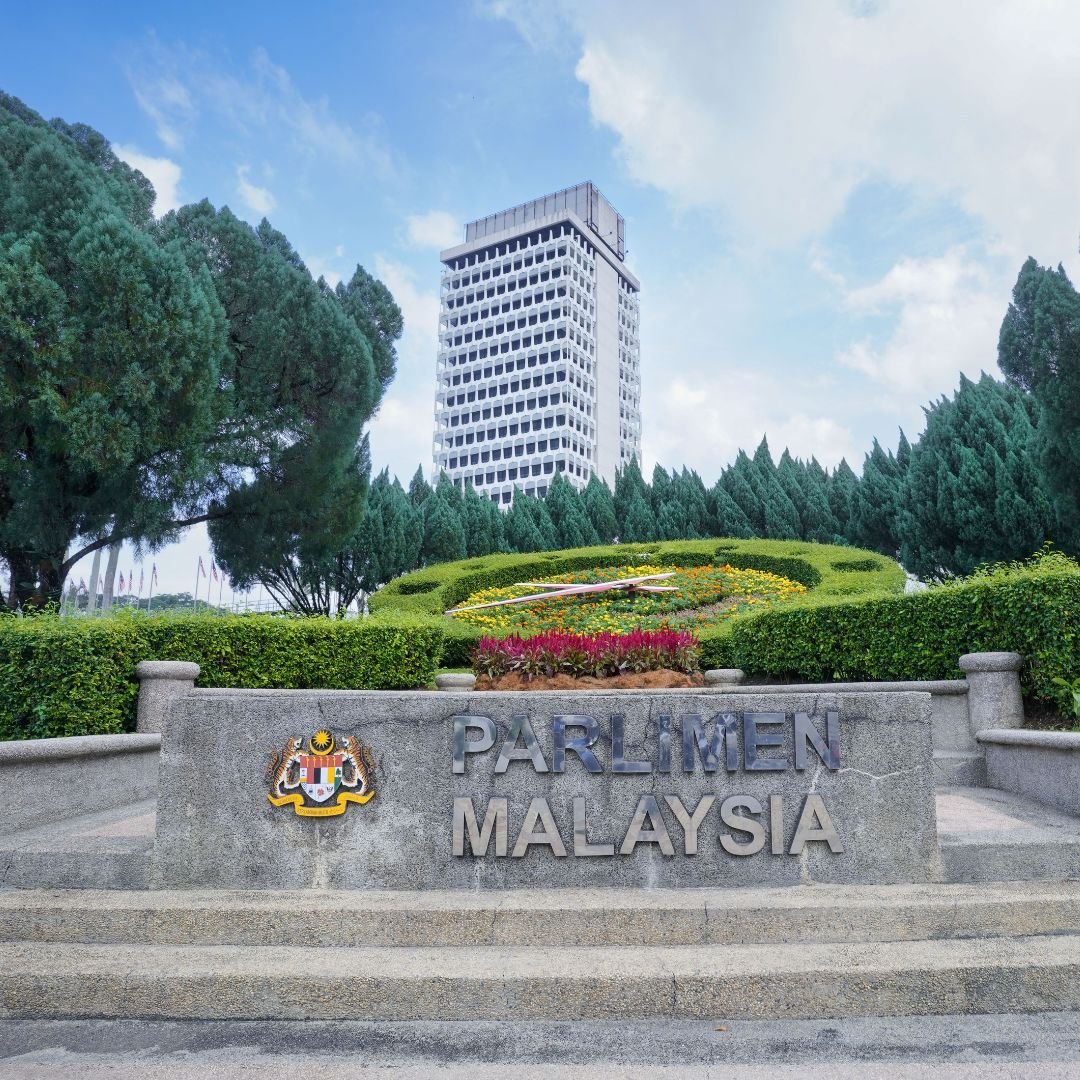Our heartfelt thoughts and prayers for safety go out to the individuals affected by the tragic floods, landslides, and other disasters exacerbated by climate change that have struck many states around Malaysia, and to their families and loved ones.
In 2021, it was noted that Malaysia experienced a once-in-a-century weather event, bringing rainfall equal to the average for a month in a day. However, as we close yet another year in parallel to 2021 marked by the devastation of climate disasters that wreck lives and livelihoods, these incidents highlight the strong and urgent need for better climate adaptation and mitigation plans to reduce the occurrence of climate disasters in our country.

According to the Intergovernmental Panel on Climate Change (IPCC) report, climate change is intensifying the water cycle and affecting rainfall patterns. This brings torrential rains and associated flooding, as well as more intense drought in many regions. To put it simply, the main cause of climate change that directly relates to human activity are emissions of carbon dioxide (CO2) and other greenhouse gases. These include emissions from industrial activities, emissions from fossil fuels used in the production of plastics, transportation, and energy sources. As well as agricultural activities that range from deforestation and crop burning practices to livestock and cattle rearing.
Despite our growing awareness of climate change and our nation as particularly vulnerable to climate disasters such as flooding and landslides, these cannot be solved by citizens themselves, it requires more efforts from the government and policy makers.

Flooding not only damages infrastructure and livelihoods, it can also result in several other knock-on effects, such as issues with food security and clean water supply (by contaminating sources of drinking water). In other words, more floods, less food, more water supply disruptions.
Natural solutions such as protecting forests from rampant logging while restoring ecosystems that cut emissions directly and support the mitigation of floods and worsening climate disasters should be prioritised. In addition to the implementation of low-carbon economic stimulus measures to address unsustainable industrial activities, promoting renewable energy that creates new job opportunities, and putting a stop to subsidising big polluters in order to save those subsidies to fund adequate healthcare, strong disaster relief mechanisms, food security, education and vibrant nature to prevent ourselves from the next public health emergency.
Climate change mitigation and adaptation are both equally crucial with economic recovery, to prevent more people from being pushed into a crisis. We need climate action NOW! Because we cannot allow these incidents of flooding as well as soil erosion, that can result in landslides, to become a yearly norm.



